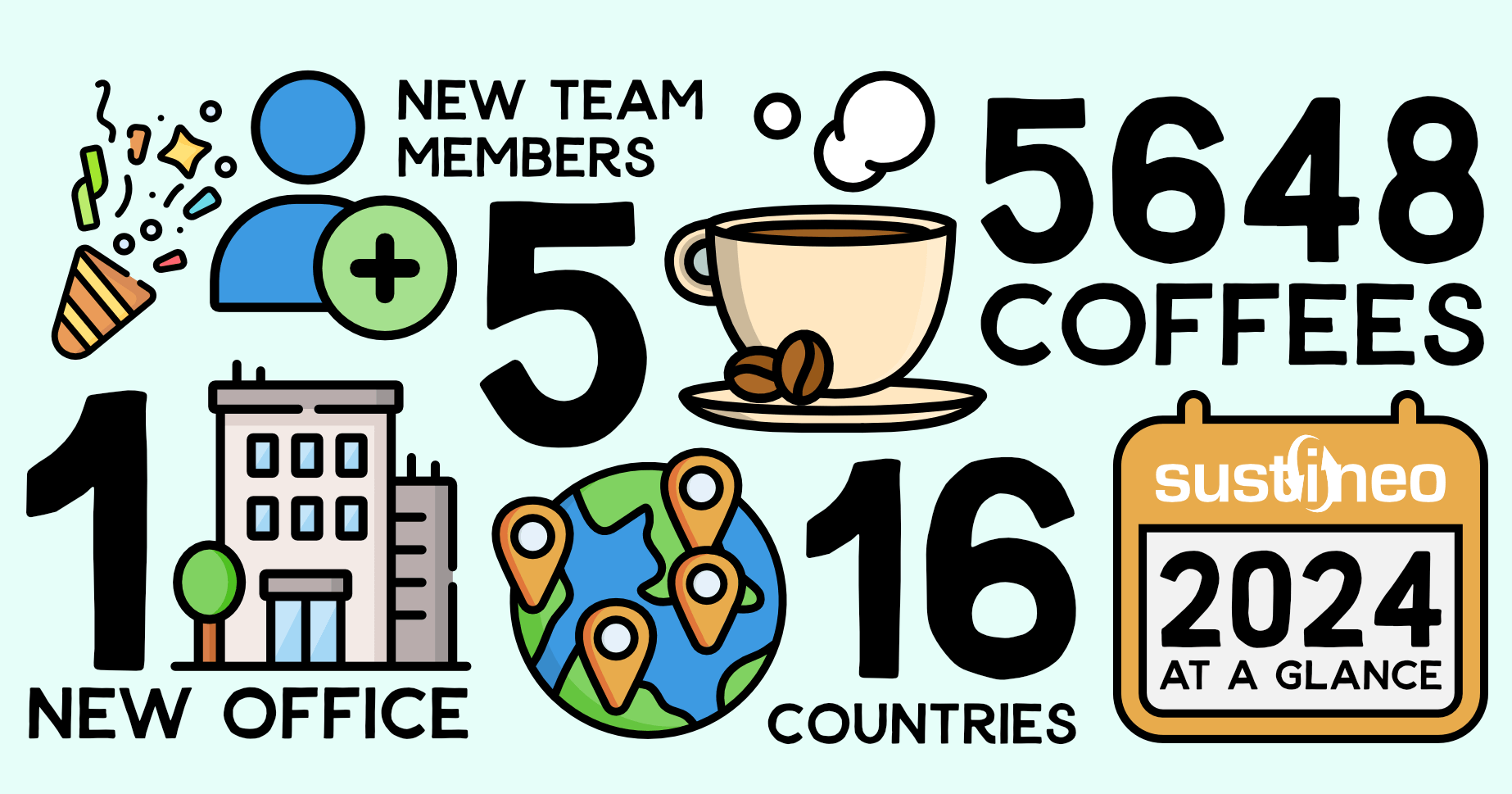
News · 20 December 2024
2024: done and dusted 👏
Here’s some data nobody asked for...it must be time for our end of year blog!
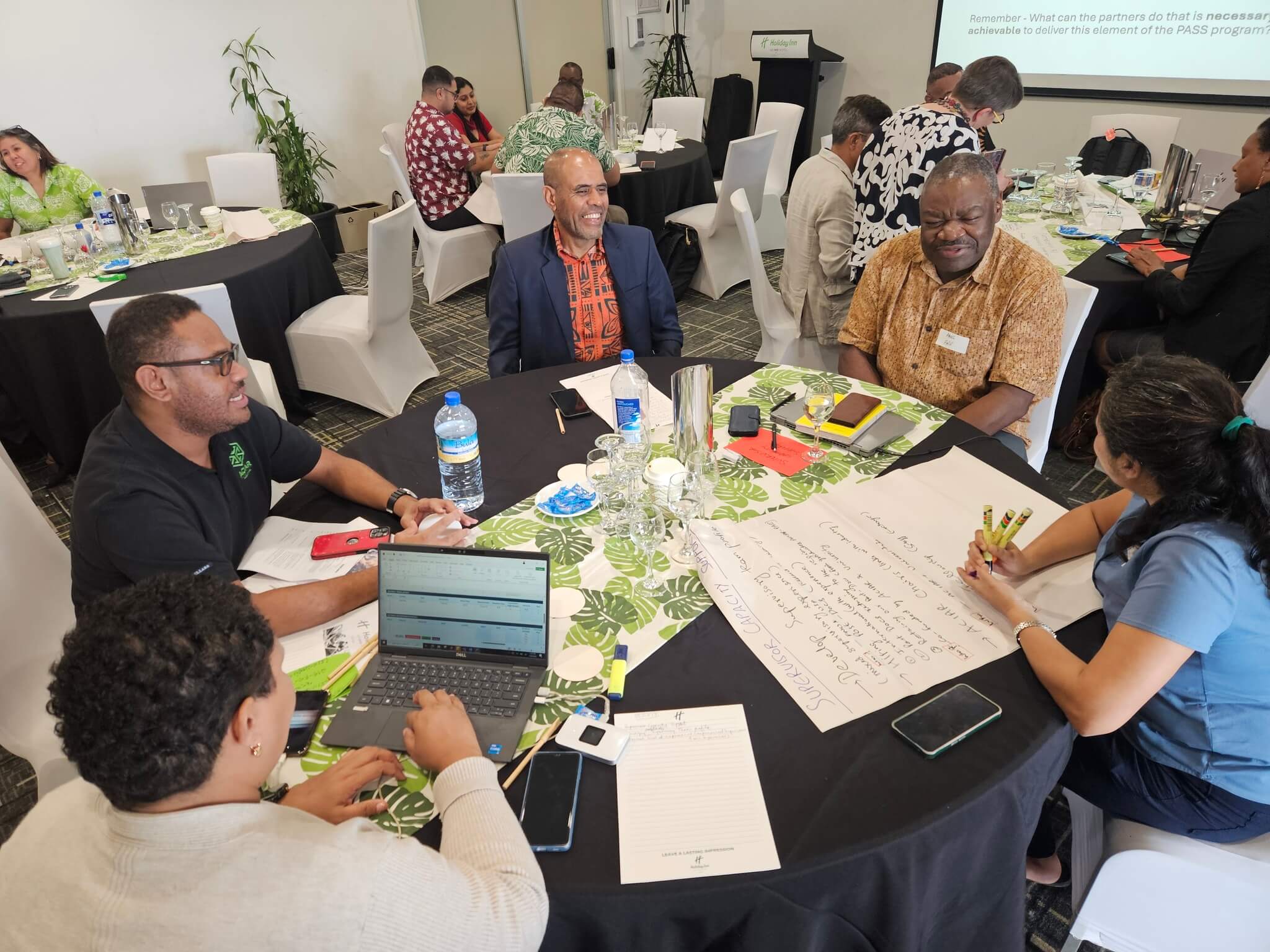
News & views
Our team thrives on collaboration, curiosity, and shared learning. Explore ideas, reflections, and insights shaped by our work alongside partners and communities across the Indo-Pacific.

News · 20 December 2024
Here’s some data nobody asked for...it must be time for our end of year blog!
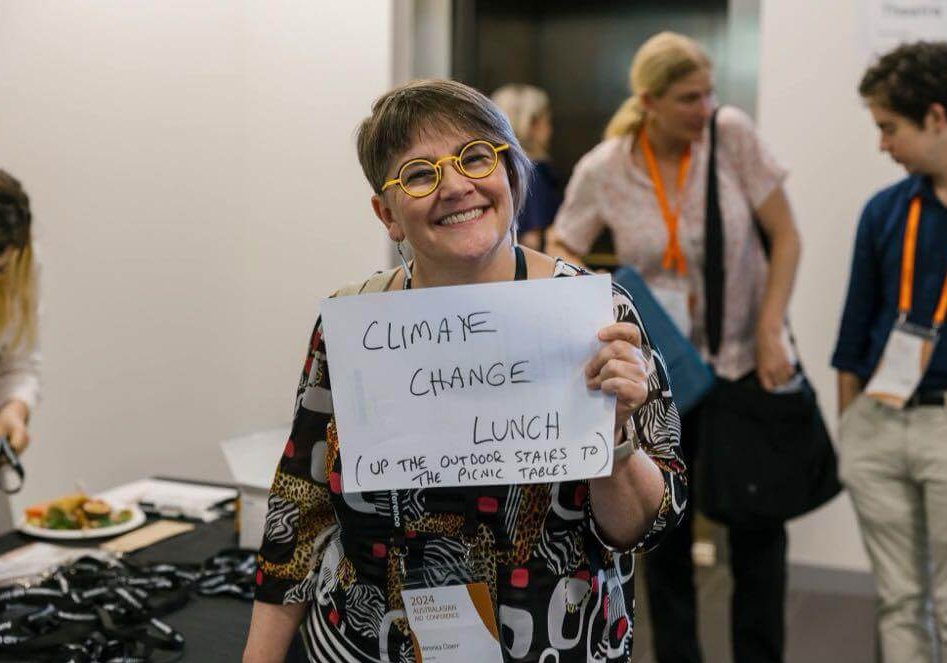
Community · 16 December 2024
If you were at the AAC in Canberra in early December, you may well have bumped into one or more of our team. With a bit of planning and coordination, Sustineo folks took part in a wide range of sessions and now we’ve had time to reflect on what we heard and learned.
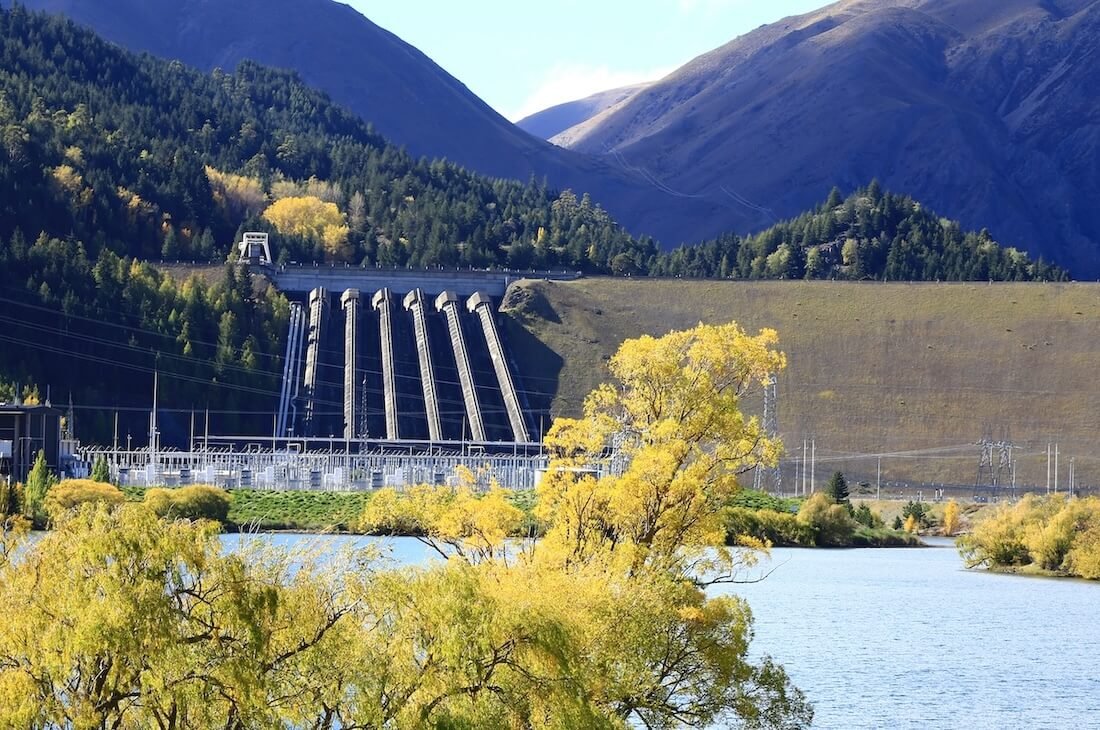
Project Highlight · 11 September 2024
Many of us take reliable access to electricity for granted. The next level up is reliable renewable energy...
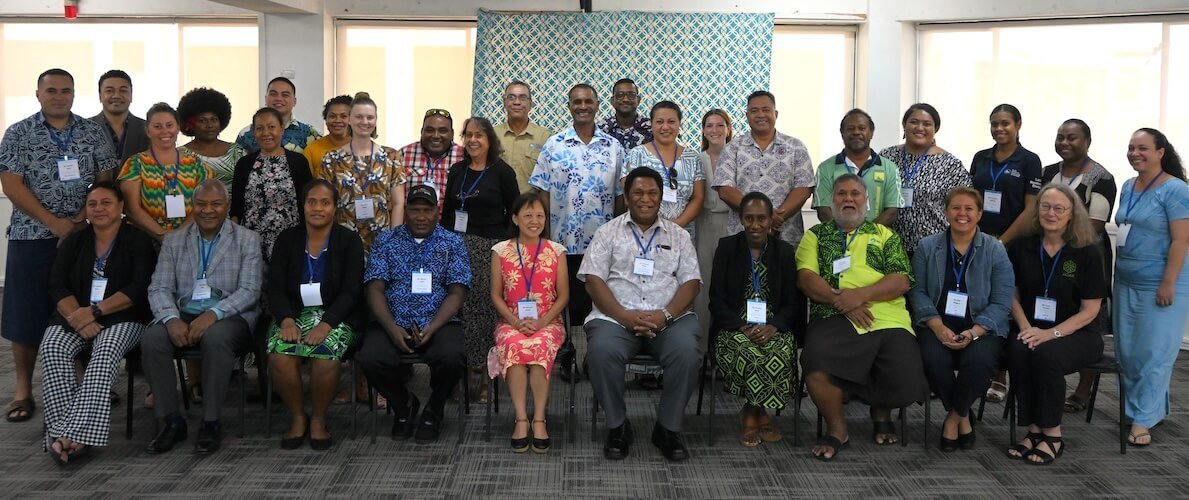
Project Highlight · 3 July 2024
Our team recently completed a significant project with The Pacific Community’s Land Resources Division (SPC–LRD) for the Pacific coconut community...
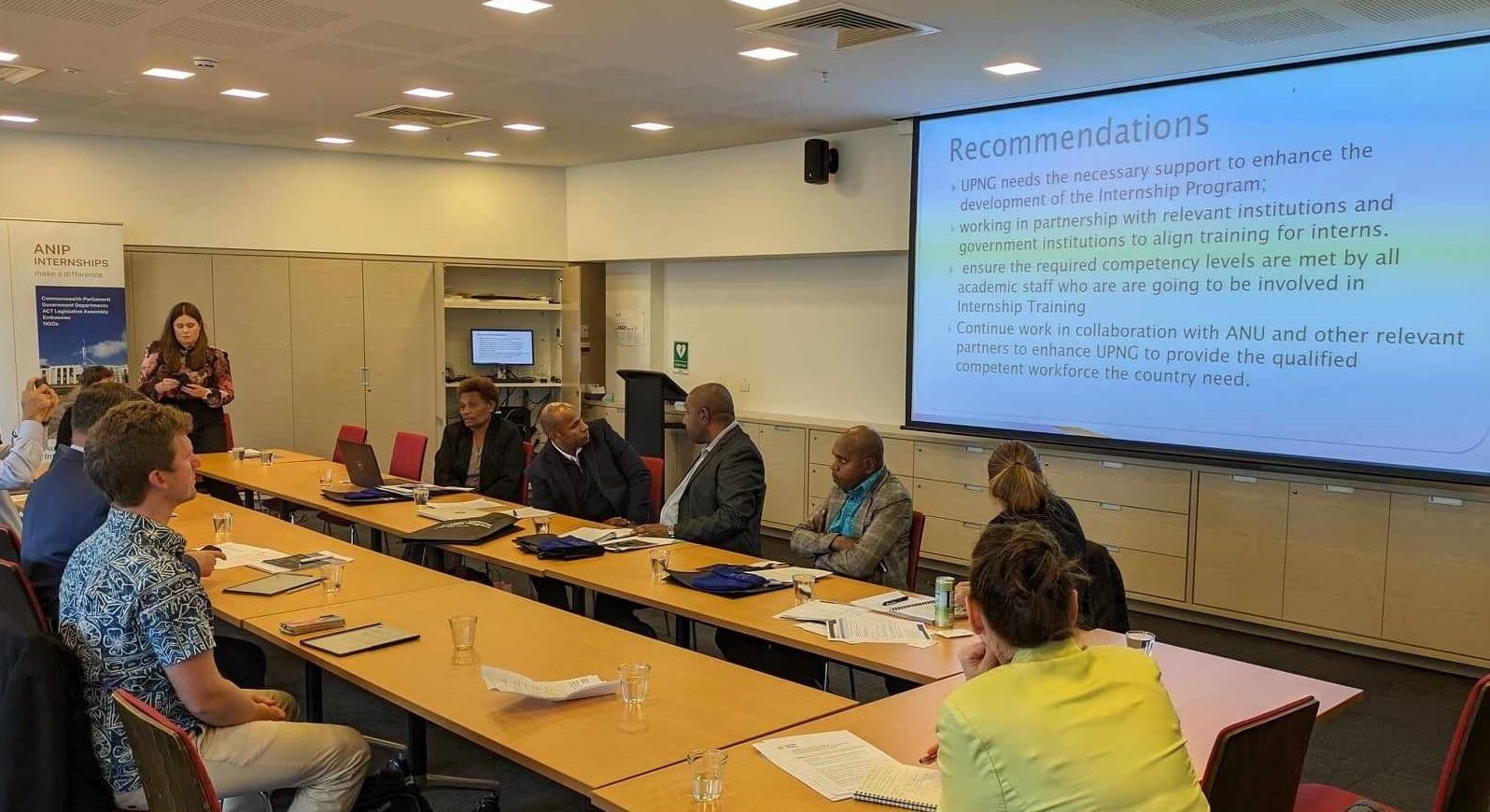
Community · 12 June 2024
We're growing partnerships with ANIP and PNG educational institutions to create more opportunities to support PNG students interested in research...
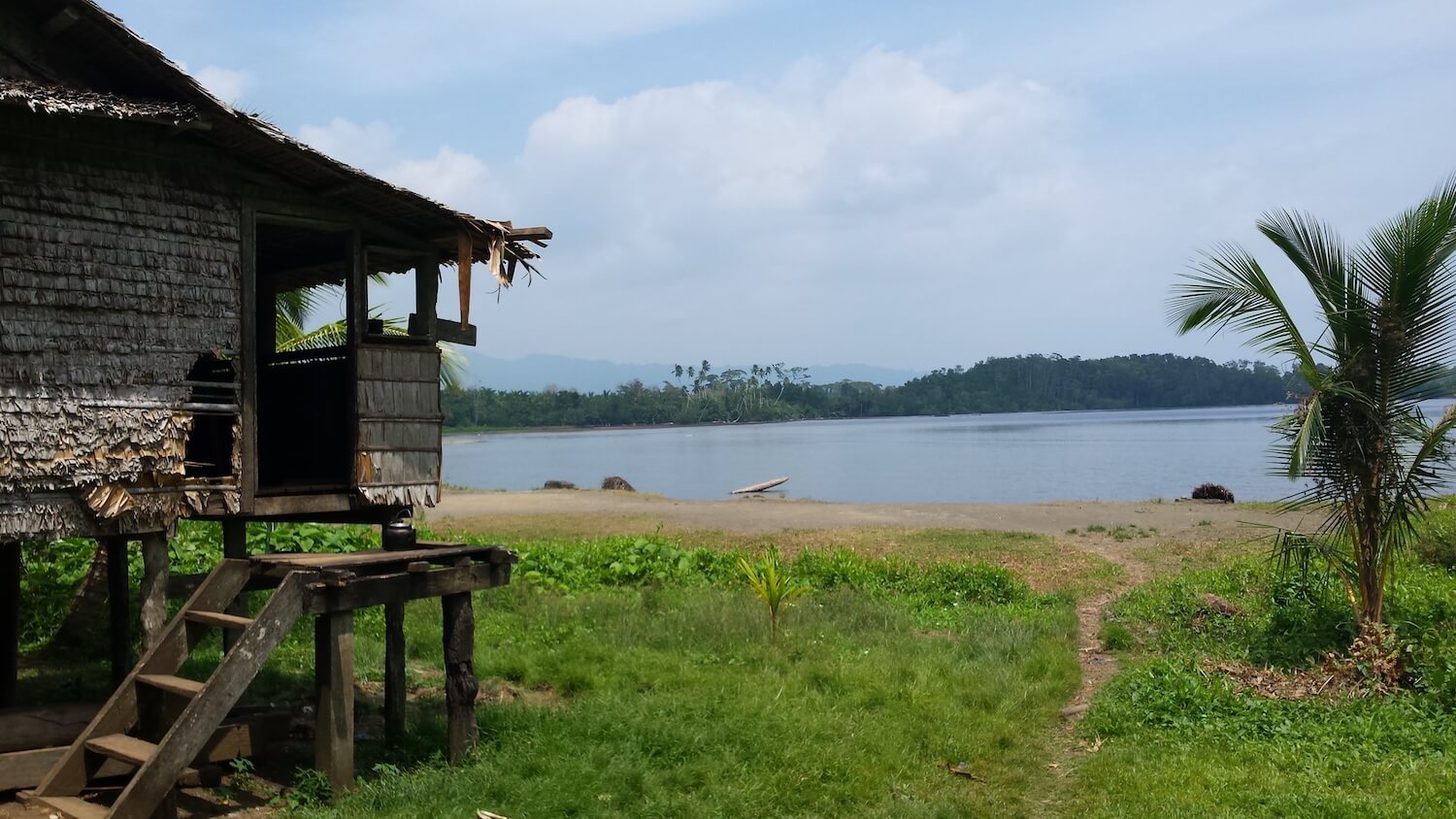
Community · 25 March 2024
Last week, our CEO delivered a lecture and was part of a panel discussion with the Australian National University’s first year geography course...
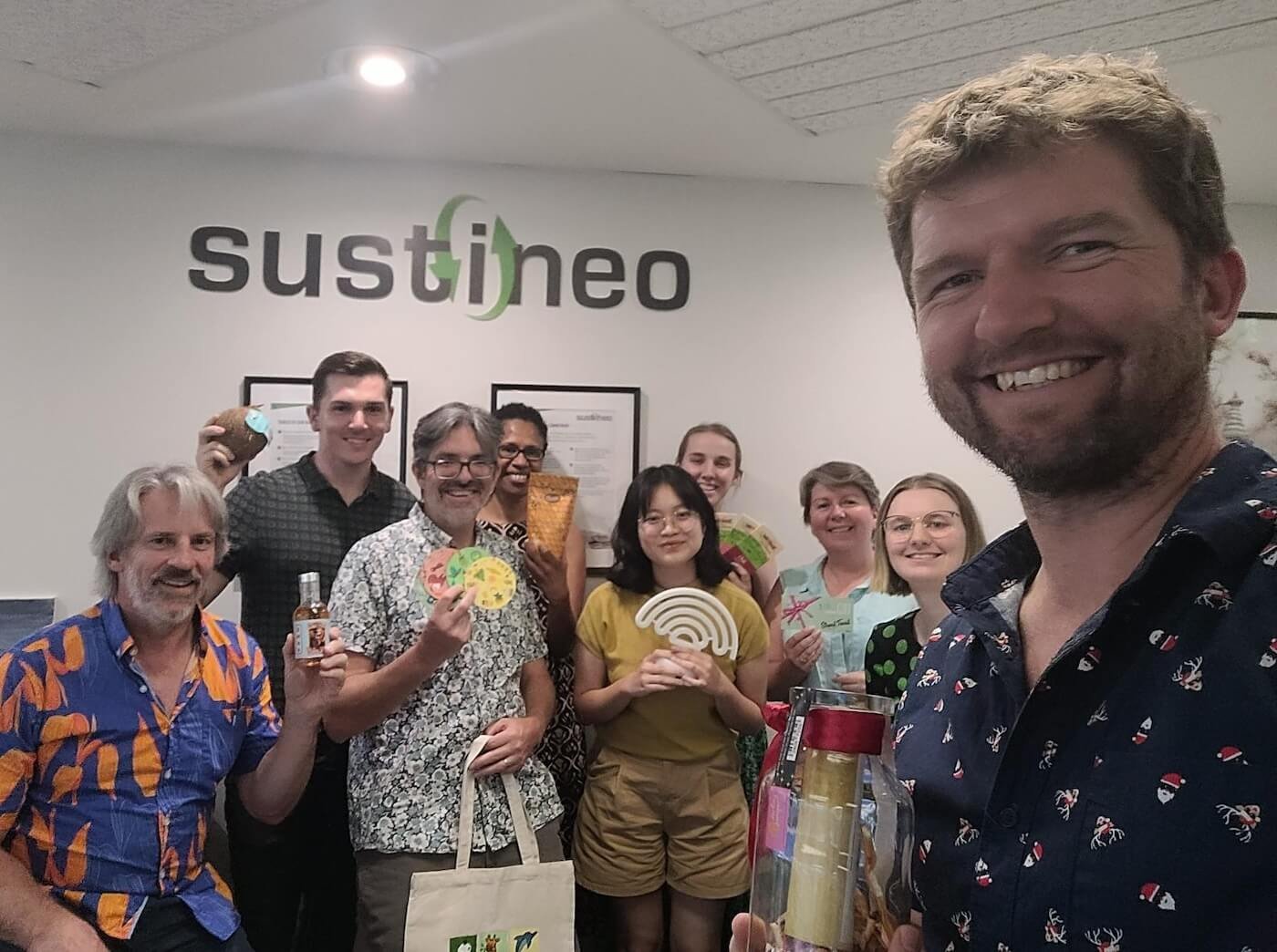
News · 14 December 2023
It’s been another busy, challenging, and immensely rewarding year for the team at Sustineo...
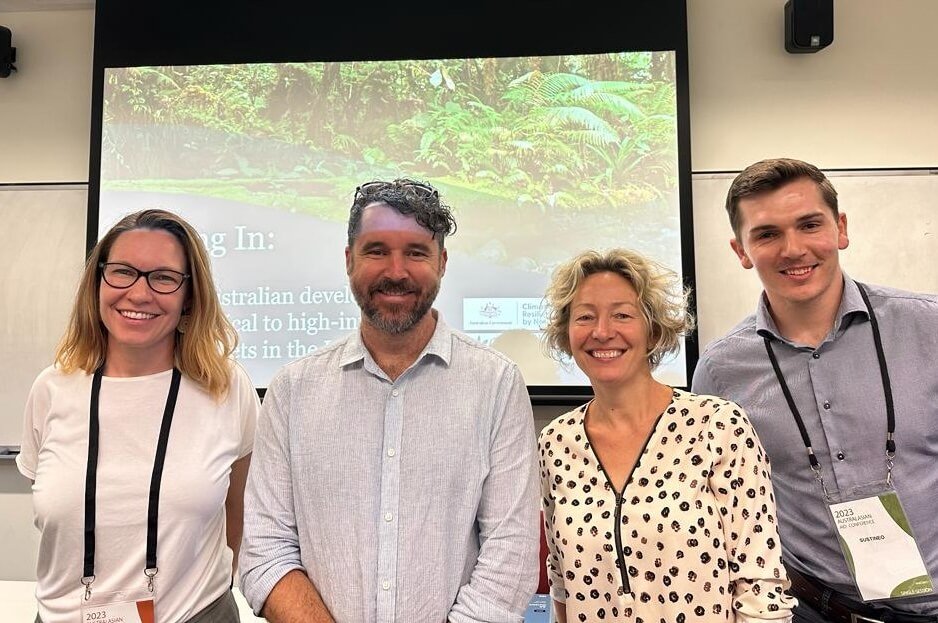
News · 11 December 2023
The 2023 Australasian AID Conference (AAC2023) may have passed, but we are still buzzing from the excitement!
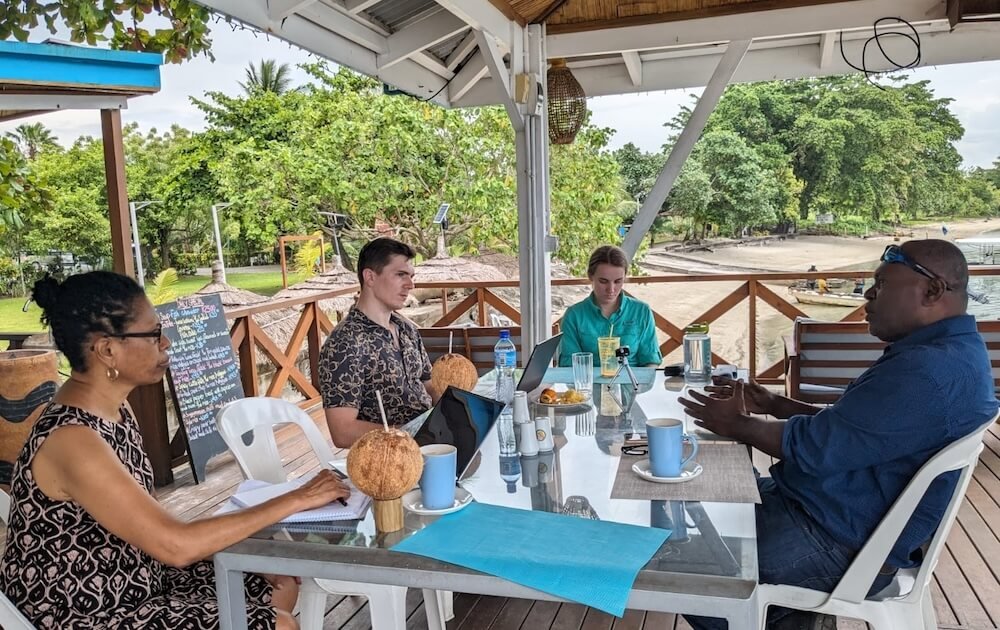
Project Highlight · 17 November 2023
A team of Sustineo-ites recently met with government, industry, NGO, and community stakeholders about how the cocoa industry functions in PNG...
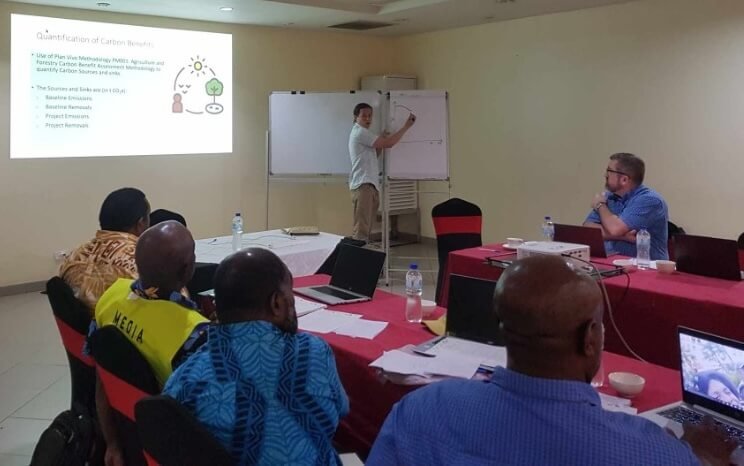
News · 14 November 2023
Our team has published—again!
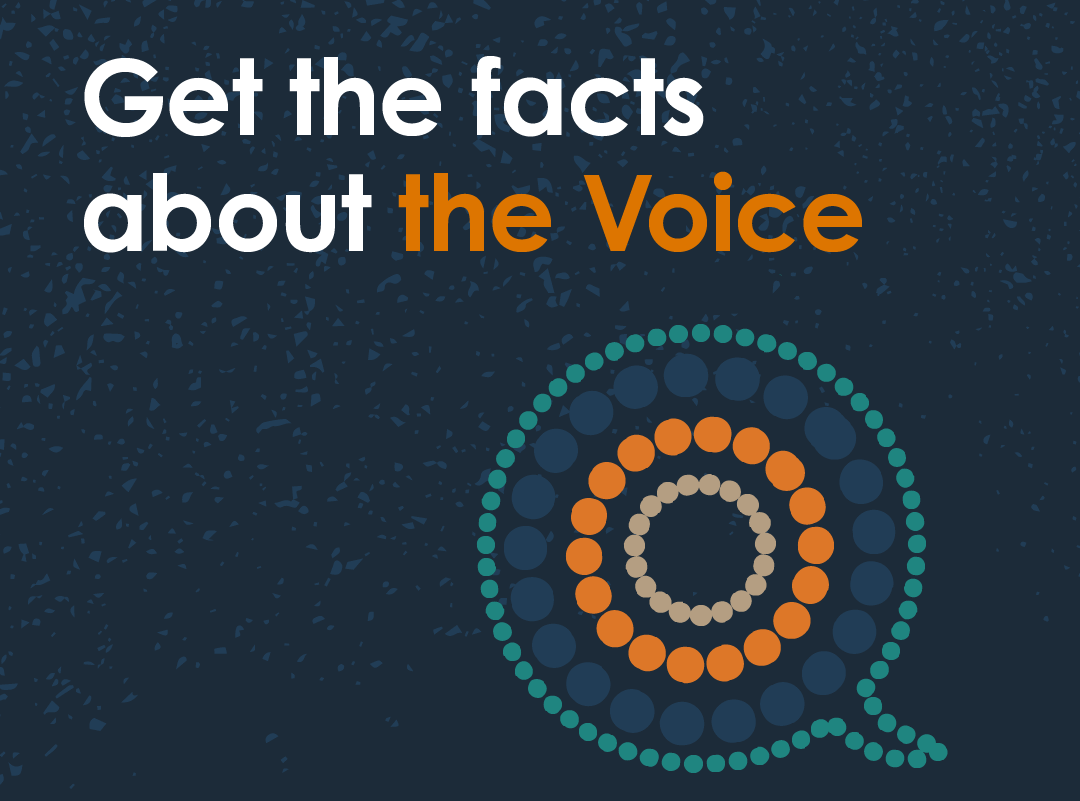
News · 11 October 2023
Sustineo says Yes to the Voice to Parliament because it aligns with our values and ethos.
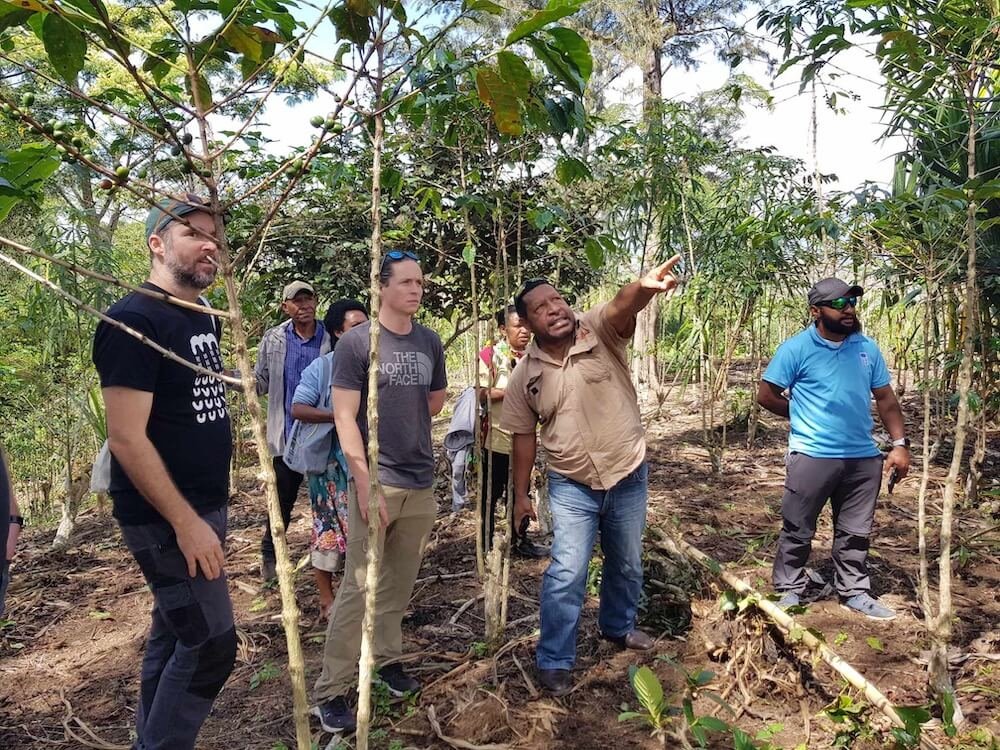
Project Highlight · 8 August 2023
Ellis Mackenzie is full of beans after a recent trip to the PNG Highlands kicking off a project on carbon finance benefits for coffee & cocoa farmers...